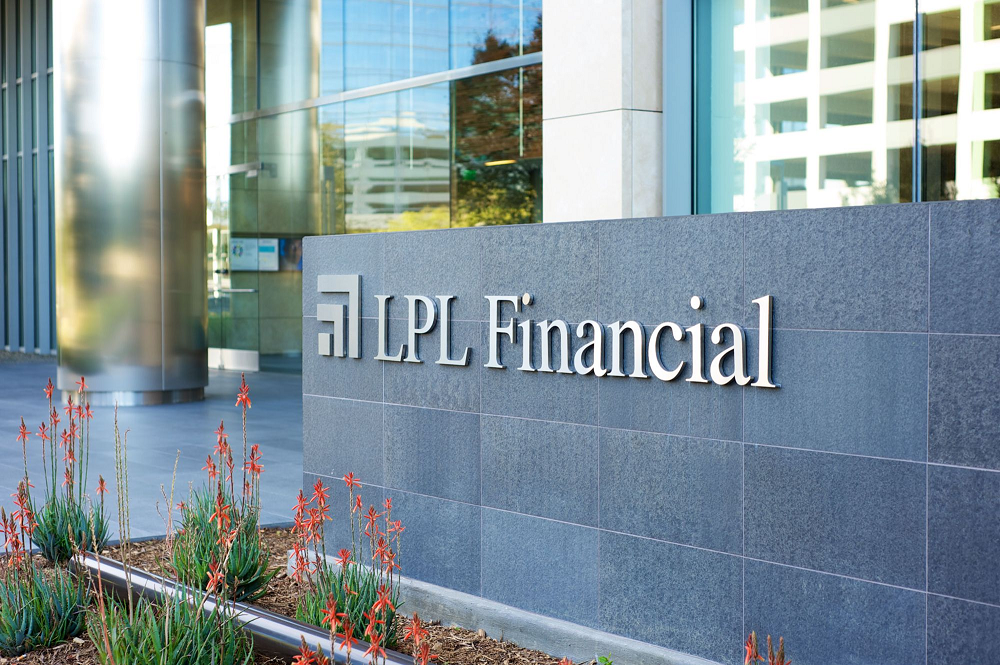BROWSE BY TOPIC
- Bad Brokers
- Compliance Concepts
- Investor Protection
- Investments - Unsuitable
- Investments - Strategies
- Investments - Private
- Features/Scandals
- Companies
- Technology/Internet
- Rules & Regulations
- Crimes
- Investments
- Bad Advisors
- Boiler Rooms
- Hirings/Transitions
- Terminations/Cost Cutting
- Regulators
- Wall Street News
- General News
- Donald Trump & Co.
- Lawsuits/Arbitrations
- Regulatory Sanctions
- Big Banks
- People
TRENDING TAGS
Stories of Interest
- Sarah ten Siethoff is New Associate Director of SEC Investment Management Rulemaking Office
- Catherine Keating Appointed CEO of BNY Mellon Wealth Management
- Credit Suisse to Pay $47Mn to Resolve DOJ Asia Probe
- SEC Chair Clayton Goes 'Hat in Hand' Before Congress on 2019 Budget Request
- SEC's Opening Remarks to the Elder Justice Coordinating Council
- Massachusetts Jury Convicts CA Attorney of Securities Fraud
- Deutsche Bank Says 3 Senior Investment Bankers to Leave Firm
- World’s Biggest Hedge Fund Reportedly ‘Bearish On Financial Assets’
- SEC Fines Constant Contact, Popular Email Marketer, for Overstating Subscriber Numbers
- SocGen Agrees to Pay $1.3 Billion to End Libya, Libor Probes
- Cryptocurrency Exchange Bitfinex Briefly Halts Trading After Cyber Attack
- SEC Names Valerie Szczepanik Senior Advisor for Digital Assets and Innovation
- SEC Modernizes Delivery of Fund Reports, Seeks Public Feedback on Improving Fund Disclosure
- NYSE Says SEC Plan to Limit Exchange Rebates Would Hurt Investors
- Deutsche Bank faces another challenge with Fed stress test
- Former JPMorgan Broker Files racial discrimination suit against company
- $3.3Mn Winning Bid for Lunch with Warren Buffett
- Julie Erhardt is SEC's New Acting Chief Risk Officer
- Chyhe Becker is SEC's New Acting Chief Economist, Acting Director of Economic and Risk Analysis Division
- Getting a Handle on Virtual Currencies - FINRA
ABOUT FINANCIALISH
We seek to provide information, insights and direction that may enable the Financial Community to effectively and efficiently operate in a regulatory risk-free environment by curating content from all over the web.
Stay Informed with the latest fanancialish news.
SUBSCRIBE FOR
NEWSLETTERS & ALERTS
Behind LPL's Failed Sale: An Analysis
When former LPL CEO Mark Casady and his Board sought a buyer for the nation's largest independent brokerage firm, they retained Goldman Sachs. The target was a strategic buyer or a financial buyer willing to pay between $42 and $50 a share. The search reportedly focused on big players in retail brokerage – e.g., BofA ML, Ameriprise, UBS – but no one was interested.
According to M&A and private placement bankers, the only interested parties were financial buyers from private equity firms, including KKR – but at a price no higher than $38-$39 a share. There were concerns about the firm's future profit margins, the need for continued investments in technology, and an increasingly difficult regulatory environment.
Casady was credited with leading LPL after it did a leveraged buyout in 2005, and with guiding it through the Great Recession. During the period up until LPL's IPO in 2010, it made several successful acquisitions and attracted some of the top management in the industry. Unlike many broker-dealers, Casady also adopted a pro-consumer position and embraced the DOL's proposed fiduciary rule. Given that LPL is making a serious push into the retirement plan business, supporting the rule was a logical move.
Attracting top talent was easy for a company planning to do an IPO, but within a few years after LPL went public in 2010 and managers became vested in their stock options, turnover in the executive suite accelerated dramatically. As the nation's largest independent B-D with a strong balance sheet, LPL also became a favorite target of regulators and, as FINRA and various states sought to display they were getting serious in a post-financial crisis world, LPL's fines starting piling up. These were among the factors that made the firm less attractive to potential buyers.
If the incoming Trump administration follows through on its promise to deregulate financial services, LPL could become a more attractive investment and possible acquisition candidate down the road. This potential scenario probably was not lost on LPL directors when they decided to take the firm off the market last month.
[Click link to continue reading.]





